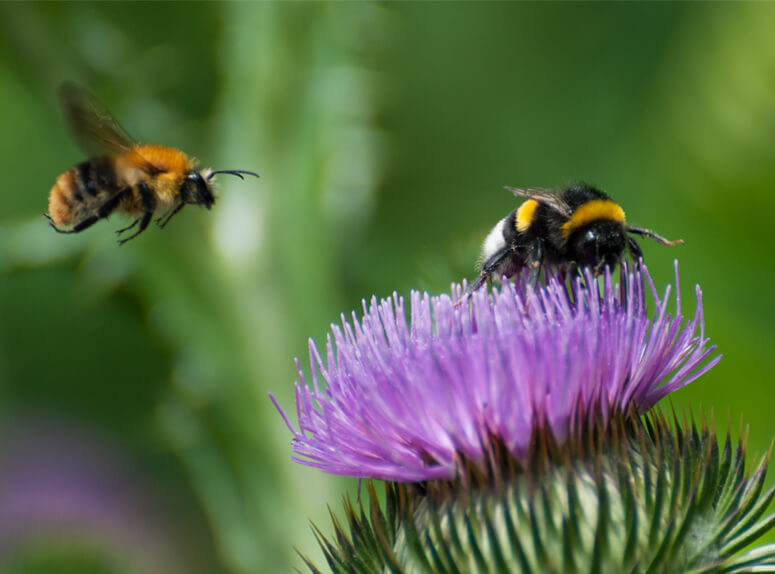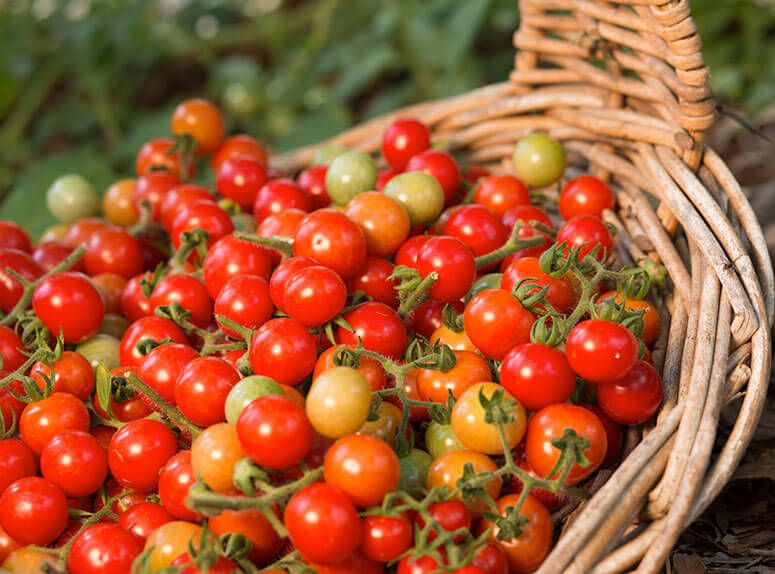Bees are a ubiquitous sight in the summer garden as they travel from flower to flower in search of nectar to make honey. But that’s not all that bees do. You could probably live without honey, but what about apples, plums, pears, onions, beans, carrots, cucumber, broccoli, cauliflower or tomatoes? Bees are essential pollinators for these, and many, many, other fruits and vegetables and without bees, the plants cannot complete their lifecycles.
Why are bees so important?
Bees transfer pollen from the flowers of one plant to the flowers of another. When a flower has been pollinated, it can ripen into the fruit, legume, nut or seed that we eat or save to create a new generation of the plant. If a flower fails to be pollinated, then it could lead to the eventual extinction of that plant species.
So what’s been happening to the bees?
Colony Collapse Disorder (CCD) or vanishing bee syndrome occurs when bees leave their hive and simply don’t return. Entire hives can be lost in a matter of a few days, and in some areas, 75% of bees are being lost – an astonishing figure given how little we know about the problem.
What we do know is that certain fungi and parasites typically present in bee colonies are found in much higher concentrations in affected areas. What we don’t know is why this is the case, although pesticides, genetically modified crops and climate change are all prime suspects.
BEE friendly in the garden
The simplest thing you can do to help bees is to plant plenty of flowering plants to provide them with a good source of nectar. Bees prefer blue, purple and yellow flowers so you can still ensure your garden is colourful. Plants bees love include:
Alfalfa
Bee Balm
Buttercup
Clover
Dragonhead
Echinacea
English Thyme
Goldenrod
Honeywort
Ironweed
Lavender
Oregano
Sage
Salvia
Yarrow
Yellow Hyssop
Providing solitary bees with a place to live is also a good move – you can buy bee houses (or make your own by drilling some holes in a bit of wood) and placing them near a bank of soft earth and a water source.
Minimise chemical use by switching to organic gardening. Natural pest control and fertilisation will encourage a healthier garden, absolutely teeming with life, and the bees will thank you too!








 CALL 01777 948030
CALL 01777 948030












Leave A Comment
You must be logged in to post a comment.